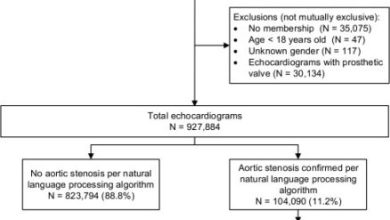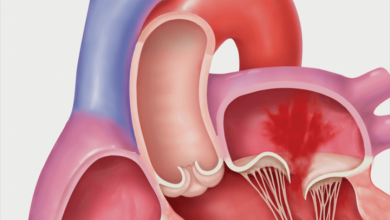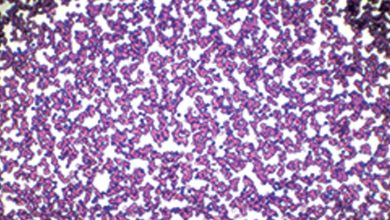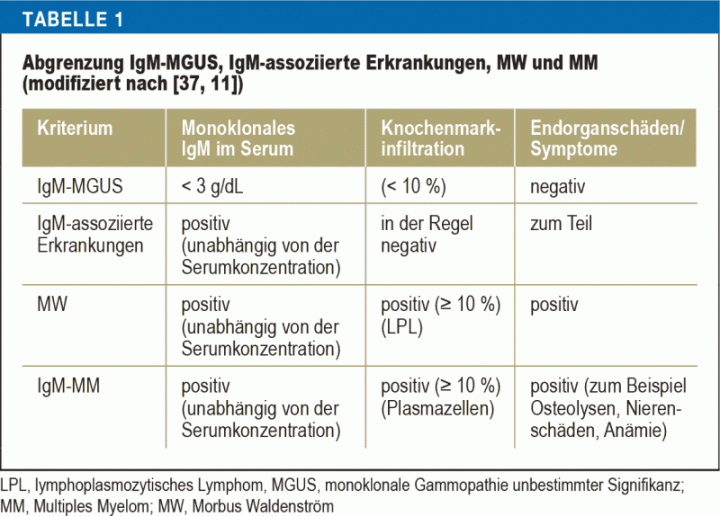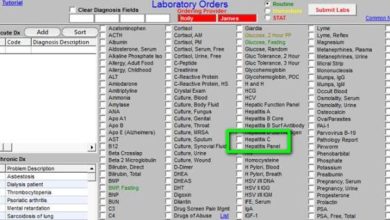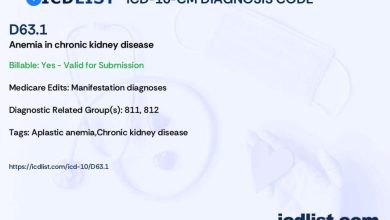Understanding Asthmatic Bronchitis: ICD-10 Codes And Diagnosis
What is Asthmatic Bronchitis ICD-10?
Asthmatic bronchitis is a condition characterized by inflammation of the bronchial tubes in the lungs, resulting in difficulty breathing, wheezing, and coughing. It is a type of chronic obstructive pulmonary disease (COPD) that combines the symptoms of asthma and bronchitis.
Code Information

The ICD-10 code for asthmatic bronchitis is J45.901. This code is used to classify and code diagnoses related to asthma and bronchitis in medical records and health insurance claims.
Diagnostic Related Groups (MS-DRG)

Asthmatic bronchitis falls under MS-DRG 202 – Bronchitis and Asthma with CC/MCC. This DRG is used by Medicare and other healthcare payers to classify inpatient hospital stays related to bronchitis and asthma.
Convert to ICD-9 Code

The equivalent ICD-9 code for asthmatic bronchitis is 493.90. This code was used prior to the implementation of ICD-10 and is still sometimes referenced in older medical records.
Code History
The ICD-10 code J45.901 for asthmatic bronchitis was introduced in October 2015 as part of the update to the International Classification of Diseases coding system.
Approximate Synonyms
Other terms that may be used interchangeably with asthmatic bronchitis include asthmatic bronchitis exacerbation, chronic asthmatic bronchitis, and asthmatic bronchitis with acute exacerbation.
Clinical Information
Asthmatic bronchitis is characterized by inflammation and narrowing of the airways in the lungs, leading to symptoms such as wheezing, shortness of breath, chest tightness, and coughing. It is often triggered by exposure to allergens, pollutants, or respiratory infections.
Causes
The exact cause of asthmatic bronchitis is not fully understood, but it is believed to result from a combination of genetic predisposition, environmental factors, and immune system dysfunction. Common triggers for asthmatic bronchitis include pollen, dust mites, pet dander, smoke, and cold air.
Symptoms
Common symptoms of asthmatic bronchitis include wheezing, coughing, shortness of breath, chest tightness, and excess mucus production. These symptoms may vary in severity and can be triggered or worsened by certain factors such as exercise, allergens, and respiratory infections.
Diagnosis
Diagnosis of asthmatic bronchitis is typically based on a combination of medical history, physical examination, lung function tests, and imaging studies. Doctors may also perform allergy testing and sputum analysis to help identify triggers and confirm the diagnosis.
Treatment
Treatment for asthmatic bronchitis aims to reduce inflammation, improve airflow, and manage symptoms. This may include the use of bronchodilators, corticosteroids, antihistamines, and allergy medications. Lifestyle modifications such as avoiding triggers, quitting smoking, and staying active can also help manage the condition.
Conclusion
Asthmatic bronchitis is a chronic respiratory condition characterized by inflammation of the airways, leading to symptoms such as wheezing, coughing, and shortness of breath. Proper diagnosis and management are essential for controlling symptoms and improving quality of life for individuals with this condition.
FAQs
Q: Can asthmatic bronchitis be cured?
A: While there is no cure for asthmatic bronchitis, symptoms can be managed effectively with proper treatment and lifestyle modifications.
Q: Is asthmatic bronchitis contagious?
A: No, asthmatic bronchitis is not contagious. It is a chronic respiratory condition that results from inflammation of the airways.
Q: How is asthmatic bronchitis different from regular bronchitis?
A: Asthmatic bronchitis is a specific type of bronchitis that is associated with asthma symptoms, such as wheezing and shortness of breath.
Q: Can asthm




